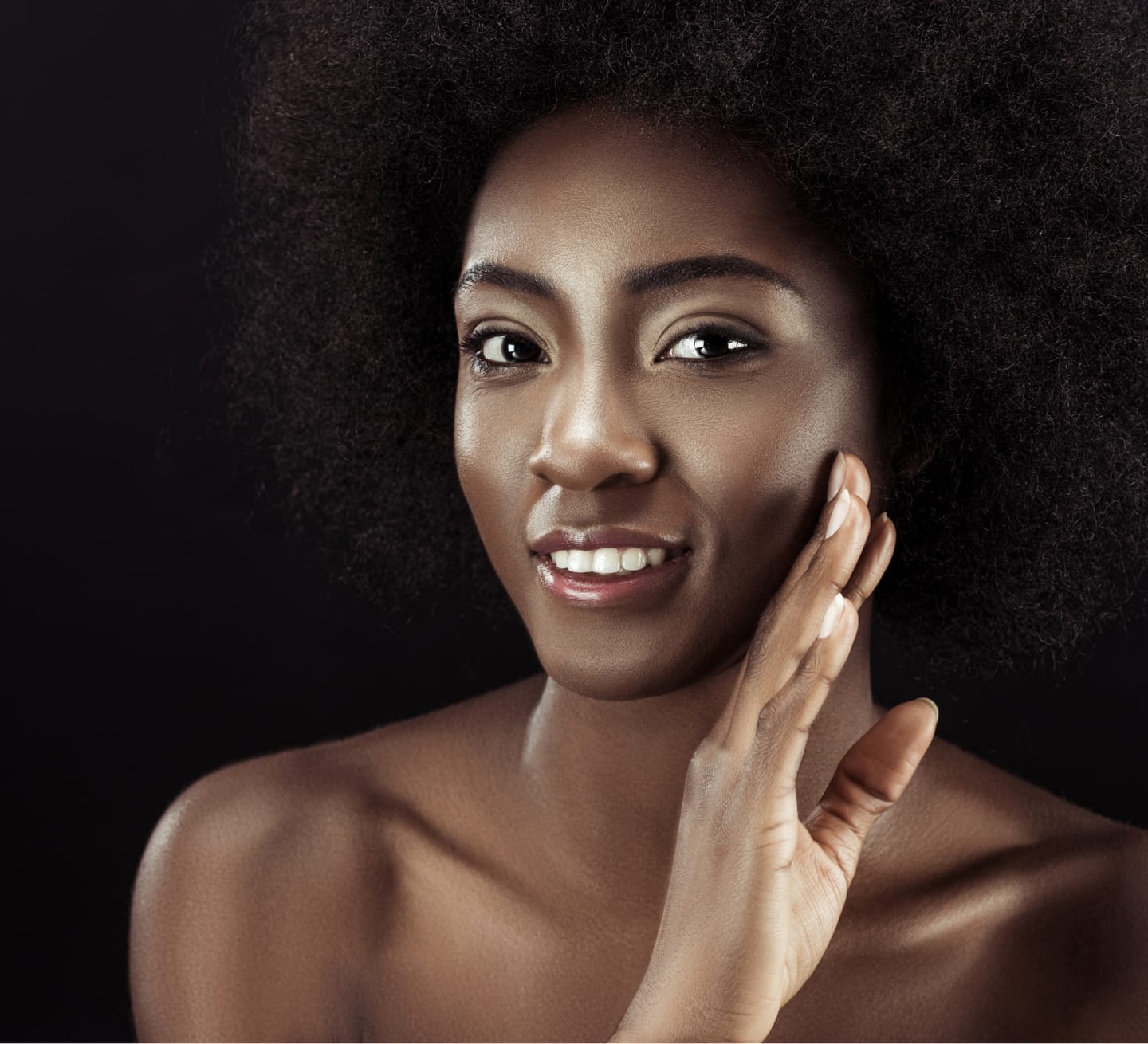Reviving Cheek Volume: Augmentation Options
The cheeks are particularly susceptible to the natural effects of aging. As time passes, collagen beneath the cheeks breaks down, providing less support under the skin and causing it to succumb to the effects of gravity. Fortunately, there is a method of correction to restore volume to the cheeks, giving patients those high, youthful cheekbones they’ve been seeking.
Cheek augmentation is performed frequently in the Beverly Hills office of Dr. Brenner. This cosmetic surgery procedure uses a number of techniques to help patients maintain a buoyant appearance in the face.
What are the benefits of cheek augmentation?
- Balances facial features for a more integrated and beautiful complexion.
- Improves the fullness, position, and appearance of the cheeks.
- Creates or contributes to a more youthful and refreshed look.
- Temporary and permanent options are available.
- Provides better facial proportions.
- Can improve self-confidence and esteem.

What are my options for cheek augmentation?
There are three primary ways in which cheek augmentation is performed and each has its advantages depending on what the patient desires from the procedure. Dr. Brenner will fully discuss all options to ensure that the optimal treatment plan is established.
-
Fat transfer using the patient’s own fat.
Healthy fat can be harvested from other areas of the body for use in augmenting the cheeks and adding to the buccal fat pads. Once the fat has been aspirated, it is then washed and injected into the cheeks using a precise injection cannula. Some of this fat will be naturally absorbed over time, so more fat than is ultimately required may be initially placed, or a second injection of healthy fat can be done in another treatment session.
-
Injection of soft tissue filler
There are many products on the market that can be used to add volume to the cheeks, such as Radiesse, Juvederm, and Perlane. Filler options exist that utilize naturally occurring hyaluronic acid, which is a fully biocompatible ingredient that is already produced by the body but that diminishes over time. Augmenting the cheeks with dermal fillers may last anywhere from 6 months to 2 years, depending on how fast your body metabolizes the fillers.
Cheek Augmentation FAQs
Are cheek implants worth it?
Cheek implants are a simple means of dramatically improving the shape and proportions of the midface, and of providing a nicely improved complexion. Patients usually find that at least one of the many augmentation options fits their lifestyle and needs.
How long does cheek augmentation cost?
Soft tissue fillers last anywhere from 6 months to 2 years, while fat transfer to the cheeks may be permanent but will still be affected by natural fat loss over time. Cheek augmentation with silicone implants will last a lifetime.
Are cheek implants better than fillers?
The advantage of implants is that they are permanent and thus less costly in the long run. If a patient is undecided on the benefits of cheek augmentation specific to their case, dermal fillers would provide a good idea of what would be possible (and permanent) with silicone implants or fat transfer.
Do cheek implants look natural?
Yes, perfectly natural. Dr. Brenner is an incredibly talented, world-renowned plastic surgeon with a keen eye for perfection. If he does your cheek implants, rest assured, they’ll look natural. Your personal consultation is the perfect time to discuss exactly what you’d like to get from the procedure.
Do cheek implants feel natural?
Yes. Your closest friends, family, and partner will not be able to tell you’ve had cheek implants. Of course, each of the cheek augmentation methods is followed by a recovery period (dermal fillers being the shortest, and requiring no downtime), during which it will be evident you’ve had work down. After that, however, the area will look and feel perfectly natural.
Learn More About Dr. Brenner
- Renowned Beverly Hills Plastic Surgeon
- Board-certified plastic and reconstructive surgeon
- Board-certified general surgeon


